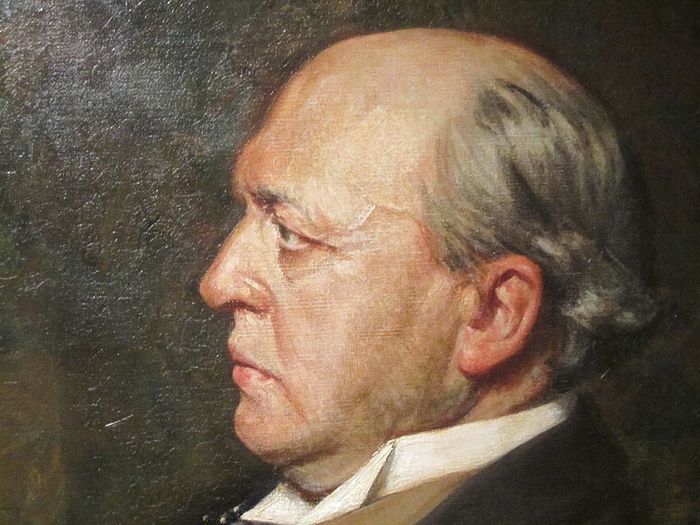Her listener gave these arguments his very best attention. “Of course you may call things anything you like speak of them as one thing and mean quite another. But why should it depend on anything?
Behind these words we use the adventure, the novel, the drama, the romance, the situation, in short, as we most comprehensively say behind them all stands the same sharp fact that they all, in their different ways, represent.”
“Precisely!” Mrs. Dyott was full of approval.
Maud, however, was full of vagueness. “What great fact?”
“The fact of a relation. The adventure`s a relation; the relation`s an adventure. The romance, the novel, the drama are the picture of one. The subject the novelist treats is the rise, the formation, the development, the climax, and for the most part the decline, of one. And what is the honest Jady doing on that side of the town?”
Mrs. Dyott was more pointed. “She doesn`t so much as form a relation.”
But Maud bore up. “Doesn`t it depend, again, on what you call a relation?”
“Oh,” said Mrs. Dyott, “if a gentleman picks up her pocket-hand-kerchief”
“Ah, even that`s one,” their friend laughed, “if she has thrown it to him. We can only deal with one that is one.”
“Surely,” Maud replied. “But if it`s an innocent one?”
“Doesn`t it depend a good deal,” Mrs. Dyott asked, “on what you call innocent?”
Situation Undeveloped
“You mean that the adventures of innocence have so often been the material of fiction? Yes,” Voyt replied; “that`s exactly what the bored reader complains of. He has asked for bread and been given a stone. What is it but, with absolute directness, a question of interest, or, as people say, of the story? What`s a situation undeveloped but a subject lost? If a relation stops, where`s the story? If it doesn`t stop, where`s the innocence? It seems to me you must choose. It would be very pretty if it were otherwise, but that`s how we flounder. Art is our flounderings shown.”
Mrs. Blessingbourne and with an air of deference scarce supported perhaps by its sketchiness kept her deep eyes on this definition. “But sometimes we flounder out.”
It immediately touched in Colonel Voyt the spring of a genial derision. “That`s just where I expected you would! One always sees it come.”
“He has, you notice,” Mrs. Dyott parenthesized to Maud, “seen it come so often; and he has always waited for it and met it.”
“Met it, dear lady, simply enough! It`s the old story, Mrs. Blessingbourne. The relation is innocent that the heroine gets out of. The book is innocent that`s the story of her getting out. But what the devil in the name of innocence was she doing mi?”
Read More about The Story in it part 7








